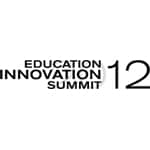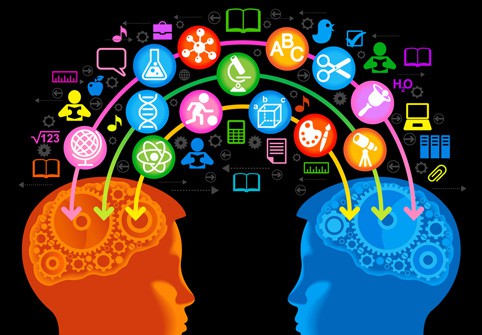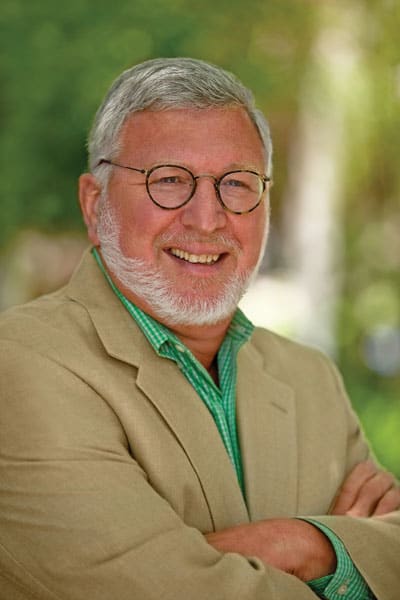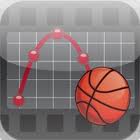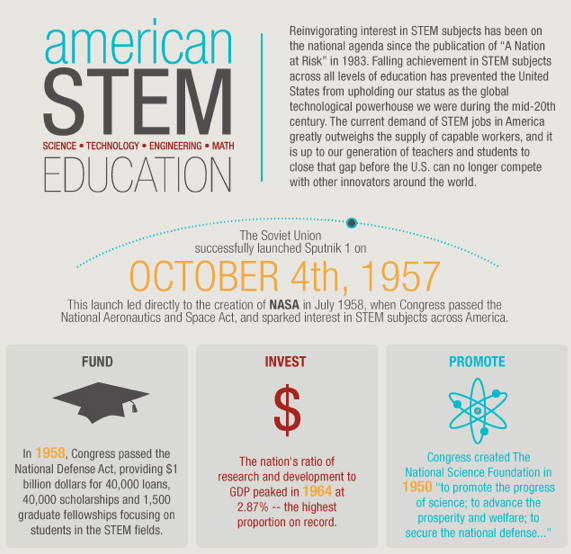EdTech
Ed Leaders Meet for the ASU SkySong Ed Innovation Summit
Education leaders meet in Scottsdale, AZ April 16-18, 2012 for the Education Innovation Summit 12, hosted by Arizona State University (ASU) SkySong, to discuss major trends in personalized and adaptive learning, new models for delivering education, and traditional degrees in the context of those new models.
“Self-Learning” is the New “Schooling”
By: Dr. Idit Harel Caperton. The idea of “student-centered learning” coupled with “networked learning” has tossed the idea that all learning should only happen through schooling. No longer do classroom walls or school schedules dictate when high-quality learning occurs. Through certain uses of networked technology programs and tools, the lines between educator and learner have become more blurred—allowing individuals to serve in both roles at different times of the day.
What I’m Seeing: 10 Terrific Tools
Here's powerful #EdTech tools for reading, writing, assessment, language, PD, behavior, music, presentation, and production.
What I’m Seeing: Coding Schools
This is the fourth post in a series of ten on categories where I’m seeing strong edtech startup activity. We’ve looked at productive post-sec, informal learning, and credentialing. A specific subset and application of the trends discussed so far is the rush to coding. The rash of coding startups suggests that everyone wants to learn to write computer code.
SmartTech: Tab Testing, Apps, Biz Models, & Better Higher Ed
Tablet testing. We think there’s a pretty good chance that both PARCC and SBAC will allow tablets (iPads specifically) for testing. That would be good news for all the districts buying tablets but as Tom discussed in getting ready for online assessment, there are many issues…
Magnifying the Power of Learning with e-Portfolios
Over the years, one of the major problems in higher education has been our inability to provide evidence of what students learn, particularly those broader skills and attributes critical to students’ future success. At a time when employers, parents, students, and society are demanding a new level of accountability for the rising costs of college, institutions that help their graduates present solid proof of what they learned will be at a competitive advantage.
Staff Picks: Early College, Friday Films, Technovation Challenge, Jeb Bush
Karen says, "Couldn't pick just one, these two are great. First pick is Friday Films by SchoolTube: Educator Demonstrates STEM Concepts With Origami. I was completely entranced with this project. Great fun! Second pick is Breaking News Alert: Bloggers Are Getting Smart from our blogger Adam Renfro. Nothing says it better, glad to set it straight".
Breaking News Alert: Bloggers Are Getting Smart
News broke out late Thursday that there's some discrepancy over the real role of Getting Smart Bloggers. The blog's team of teachers hold strong with the statement that they're spending their time "getting smart." Yet, other sources claim that the bloggers are simply putting their feet up, wasting their time with 140 characters.
Apps: Students Tap Into Video for Physics Learning
We experience concepts of physics daily. Whether we're walking, playing sports, driving a car, the concepts are naturally occurring all around us. What if we could capture the movement around us to learn and evaluate basic physics so that we could then learn to identify it daily in our lives?
Infographic: The Decline of STEM Education in the U.S.
A focus in science, technology, engineering and math (STEM) began officially with the launch of Sputnik 1 October 4, 1957. This launched the beginning of NASA and government-mandated funding for students interested in STEM careers. From this point forward, a series of dominos fell on funding, scholarships, foundations and more to stimulate U.S. growth and expansion of science. This had a dramatic affect on generating increased interest in STEM until 1992.



